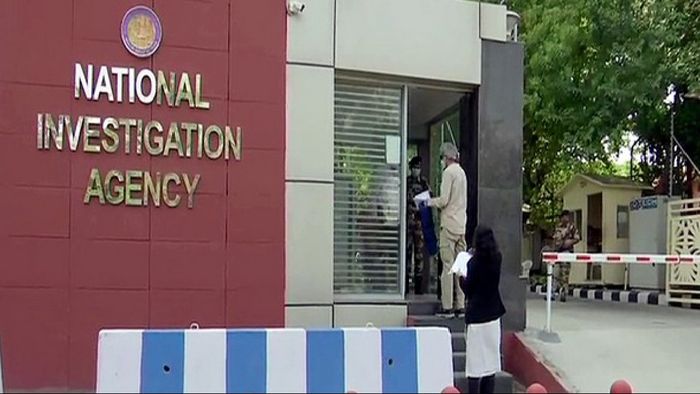NIA chargesheets 24, including 4 Bangladeshis, 1 Rohingya, in Assam human trafficking case
The National Investigation Agency (NIA) made significant strides in a human trafficking case by filing a charge sheet against 24 individuals. Among those charged were five foreign nationals, including four from Bangladesh and one Rohingya from Myanmar.

- Feb 06, 2024,
- Updated Feb 06, 2024, 4:30 PM IST
The National Investigation Agency (NIA) made significant strides in a human trafficking case by filing a charge sheet against 24 individuals. Among those charged were five foreign nationals, including four from Bangladesh and one Rohingya from Myanmar. This group was implicated in an international human trafficking syndicate that facilitated the illegal entry of Bangladeshi and Rohingya individuals into India using forged documents.
A chargesheet was submitted before the NIA Special Court in Assam (Guwahati) on Monday. The charges were filed under various sections of the IPC, Foreigners Act, and Passport (Entry into India) Act, 1920, in conjunction with Passport (Entry into India) Rules, 1950. Initially, the NIA arrested 29 individuals during expansive raids across 39 locations in regions such as Tripura, Assam, J&K, and West Bengal, in cooperation with the State police departments. Numerous incriminating documents, fraudulent Indian identity papers, bank records, and digital devices were seized during these operations. Based on further investigational leads, four additional suspects were detained in Tripura, bringing the total count to 33.
The Assam Police originally registered the case under the Passport Act 1967 against various anti-social elements. This followed credible information suggesting that organized human trafficking syndicates were trafficking Bangladeshi nationals and Rohingyas of Myanmar origin into India using forged documents for anti-India activities. The NIA subsequently assumed responsibility for the case and re-registered it as RC-01/2023/NIA/GUW.
Investigations by the National Investigation Agency (NIA) have shed light on international human trafficking syndicates operating along the Indo-Bangladesh border in states such as Tripura, Assam, and West Bengal. The syndicates have been found to be involved in the regular trafficking of Rohingyas and Bangladeshis, and in the creation of forged Indian identity documents to settle them across India.
The network is reportedly linked to traffickers and facilitators operating both domestically and across the border. The syndicates, according to the NIA, conspire and offer inducements to trafficked individuals, arrange for their travel, accommodation, and employment in unorganised sectors for paltry wages. The trafficked women and girls, in particular, are further exploited through fraud and deception, with some Rohingya women being sold for marriage to older men. As per the investigations, Indian ID documents were obtained by the Bangladeshi nationals in connivance with local bodies on fake or forged supporting documents and certificates furnished by the local officials.
Also read: Assam government under total loan debt of worth over Rs 25,000 crore since 2016